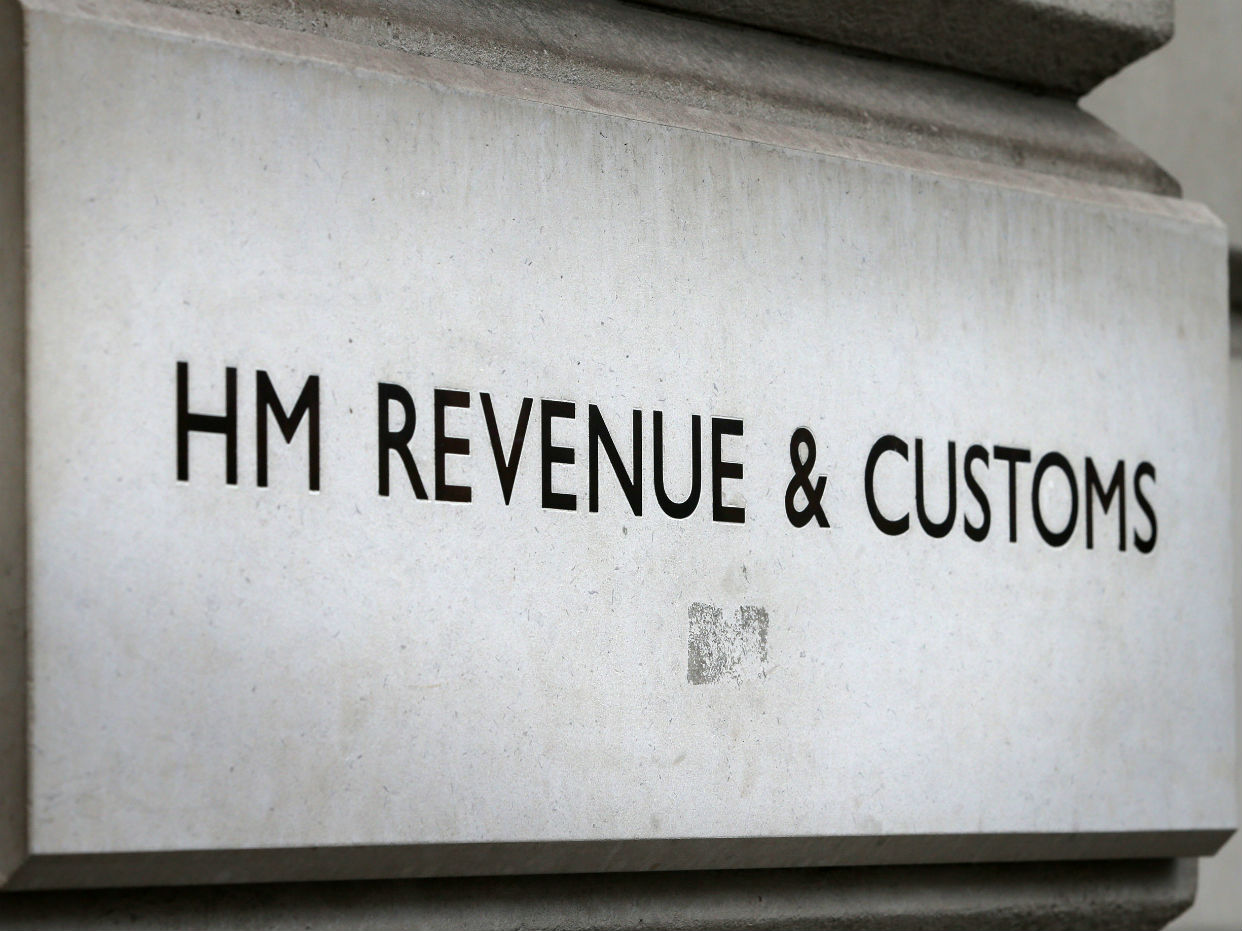Tax credit: What you can claim and how they're changing
Income change limits came into force this year and changes to child tax credits are due in April

A free daily email with the biggest news stories of the day – and the best features from TheWeek.com
You are now subscribed
Your newsletter sign-up was successful
Tax credits were one of the big stories of last year, with an unprecedented House of Lords rebellion prompting a humiliating climbdown for then chancellor George Osborne.
But there are still big changes happening for the in-work benefits system. Here's everything you need to know.
What are tax credits?
The Week
Escape your echo chamber. Get the facts behind the news, plus analysis from multiple perspectives.

Sign up for The Week's Free Newsletters
From our morning news briefing to a weekly Good News Newsletter, get the best of The Week delivered directly to your inbox.
From our morning news briefing to a weekly Good News Newsletter, get the best of The Week delivered directly to your inbox.
They're a benefit paid to people in low-paid work. The government tops up wages for those earning below a certain threshold, with more money
available for people on higher incomes if they have children or are disabled.
Tax credits were introduced by the Labour government in 1999 and the idea is that it makes it pay for people to go back to work. They taper away as your earnings rise.
Who can claim them?
A free daily email with the biggest news stories of the day – and the best features from TheWeek.com
Basic working tax credits are available from the age of 25 for single people earning less than £13,000 a year, or couples with a combined income of less than £18,000, says the Money Advice Service.
Those with children or a disability can claim from the age of 18 – and they'll be able to claim more overall. The Money Advice Service also says maximum earnings thresholds are higher, hitting a maximum of £65,000 for a family with three children that pays for childcare.
What will I get?
It all depends on your specific circumstances and HMRC will do the calculation for you. In principle, though, you will get a basic amount that is then increased with various "elements".
For the current tax year, working tax credits start at a basic annual amount of £1,960, with a couple able to claim an additional £2,010 and someone with a severe disability entitled to up to an extra £4,245 on top of that.
Child tax credits start out with a "family element" of £545 and then an additional £2,780 is added for each child, plus anything up to £4,415 for any child with a severe disability. These amounts would be on top of standard working tax credits.
How do I claim?
You need to submit a claim form, details for which are available on the government's website. It also features a calculator to help you estimate what you're entitled to.
What happened last year?
As part of its austerity agenda, the government wanted to lower the threshold at which the tapering began and reduce payments at a faster rate. It was all meant to save around £4bn a year and to be offset by increases in the minimum wage.
The problem was the minimum wage changes were being phased in slowly and the cuts would have hit vulnerable families hardest. A Lords rebellion prompted a climbdown at the Autumn Statement.
So no cuts are happening?
Actually, not all of the cuts were reversed. A change to the income change limit came into effect in April, so if your annual income goes up by £2,500, you need to tell HMRC or face your tax credits being reduced to cover any "overpayment" in future years.
Previously, your earnings could increase by £5,000. It was already the case that if earnings fell by £2,500 you could immediately claim more and that hasn't changed.
Is that all?
No. Controversial changes to child tax credits are also still coming into force from next April, removing the £545 flat-rate "family element" and capping the additional payout elements to only two children.
This will only apply to new claimants and not to those already in the system.
How does universal credit affect tax credits?
It replaces tax credits and six other benefits, including jobseeker's allowance and housing benefit. You'll manage your claim through your job centre and get one, larger, payment.
The universal credit system works slightly differently and there are a roughly equal number of "winners and losers". Working single parents face an annual loss of £1,000, while one-earner couples with children should gain more than £500 a year.
-
 The EU’s war on fast fashion
The EU’s war on fast fashionIn the Spotlight Bloc launches investigation into Shein over sale of weapons and ‘childlike’ sex dolls, alongside efforts to tax e-commerce giants and combat textile waste
-
 How to Get to Heaven from Belfast: a ‘highly entertaining ride’
How to Get to Heaven from Belfast: a ‘highly entertaining ride’The Week Recommends Mystery-comedy from the creator of Derry Girls should be ‘your new binge-watch’
-
 The 8 best TV shows of the 1960s
The 8 best TV shows of the 1960sThe standout shows of this decade take viewers from outer space to the Wild West